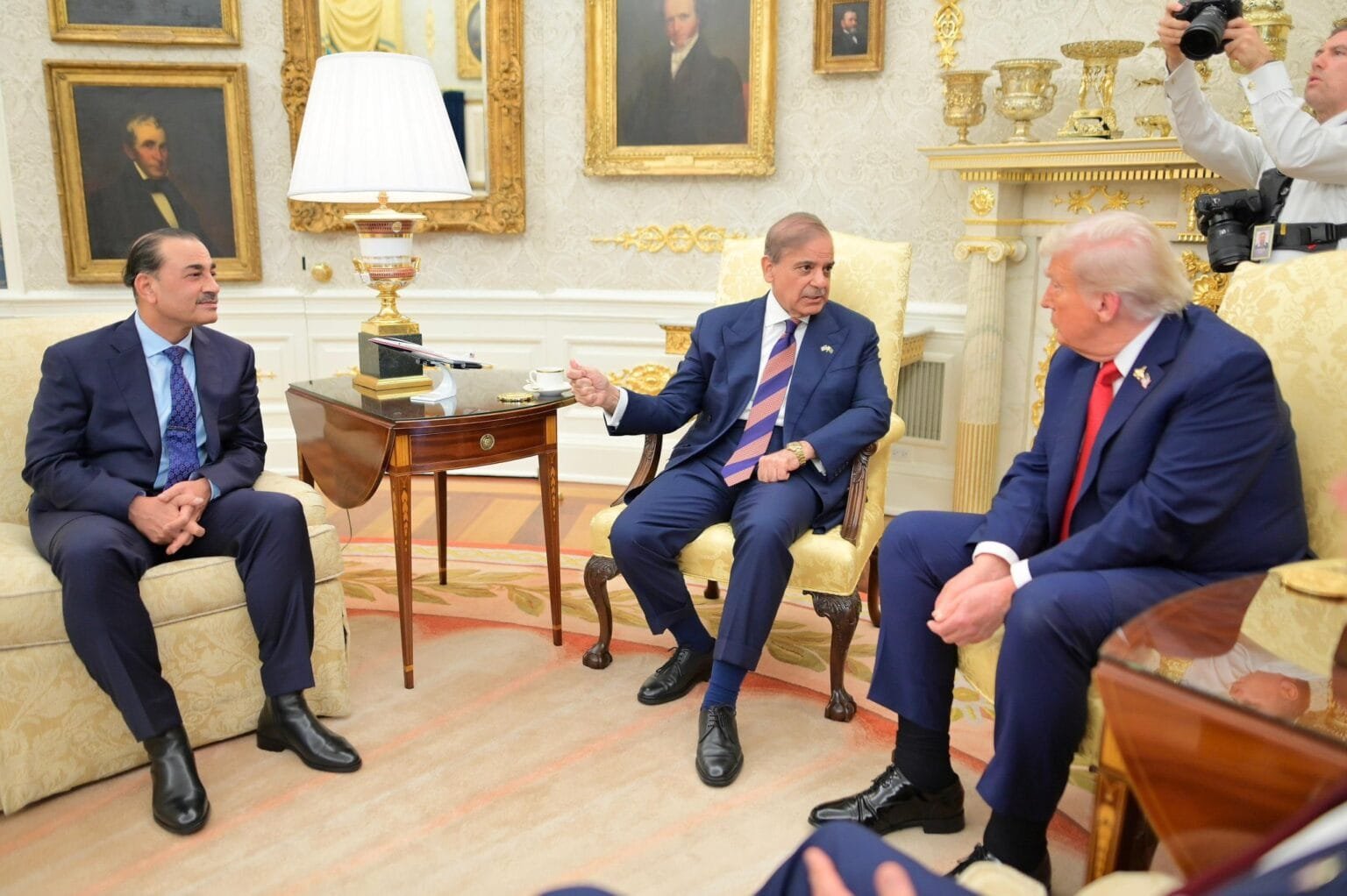Pakistan has reportedly made an informal pitch to the United States to build and operate a port at Pasni, a coastal town in Balochistan on the Arabian Sea, in a strategic move driven by economics, mineral wealth and shifting geopolitical alignments. The proposal was floated by advisers to Army Chief Field Marshal Asim Munir, not yet adopted as formal state policy, but it appears in documents seen by the Financial Times.
Under the plan, U.S. investors would help fund and operate a terminal that would serve as an export gateway for Pakistan’s critical minerals such as copper and antimony, shipped from mineral-rich western provinces. The proposal also includes a rail link connecting those provinces to Pasni, enabling smoother and more efficient movement of ore to the coast.
Importantly, the plan reportedly specifies that the port would not be used for U.S. military bases. That stipulation seems intended to signal Pakistan’s desire to attract U.S. economic engagement without compromising its sovereignty or triggering overt military alignment.
The proposal aligns with broader efforts by Pakistan to diversify international partnerships, especially amid increasing domestic interest in leveraging its geography and natural resource base. In September, Prime Minister Shehbaz Sharif and Army Chief Munir met with U.S. President Donald Trump, during which Islamabad sought U.S. investment in agriculture, mining, energy, and tech sectors.
Geographically, Pasni is situated in Pasni Tehsil, part of Gwadar District in Balochistan, not far from the China-backed port of Gwadar itself — about 70 miles away. This proximity raises the possibility of strategic balancing: Pakistan may see Pasni as a way to attract U.S. economic offtake in a region dominated by Chinese infrastructure investment.
So far, neither the Pakistani government, its army leadership, nor the U.S. government has formally confirmed the arrangement. The offer appears to have been shared in back-channel discussions, and there are no signed agreements yet.





